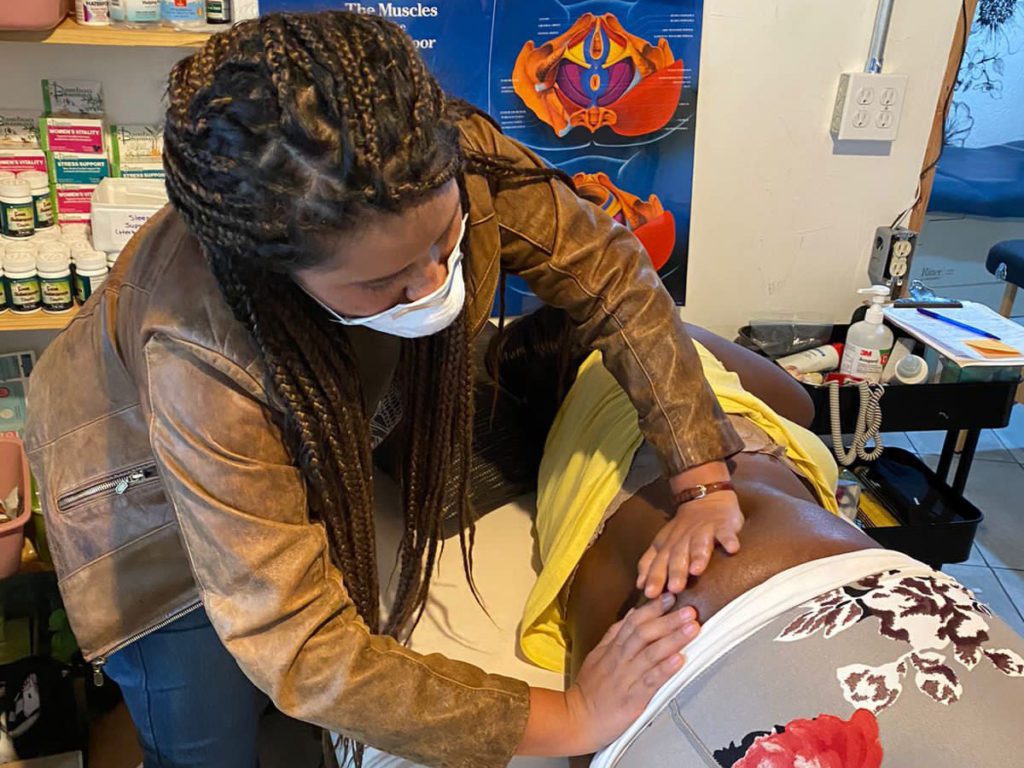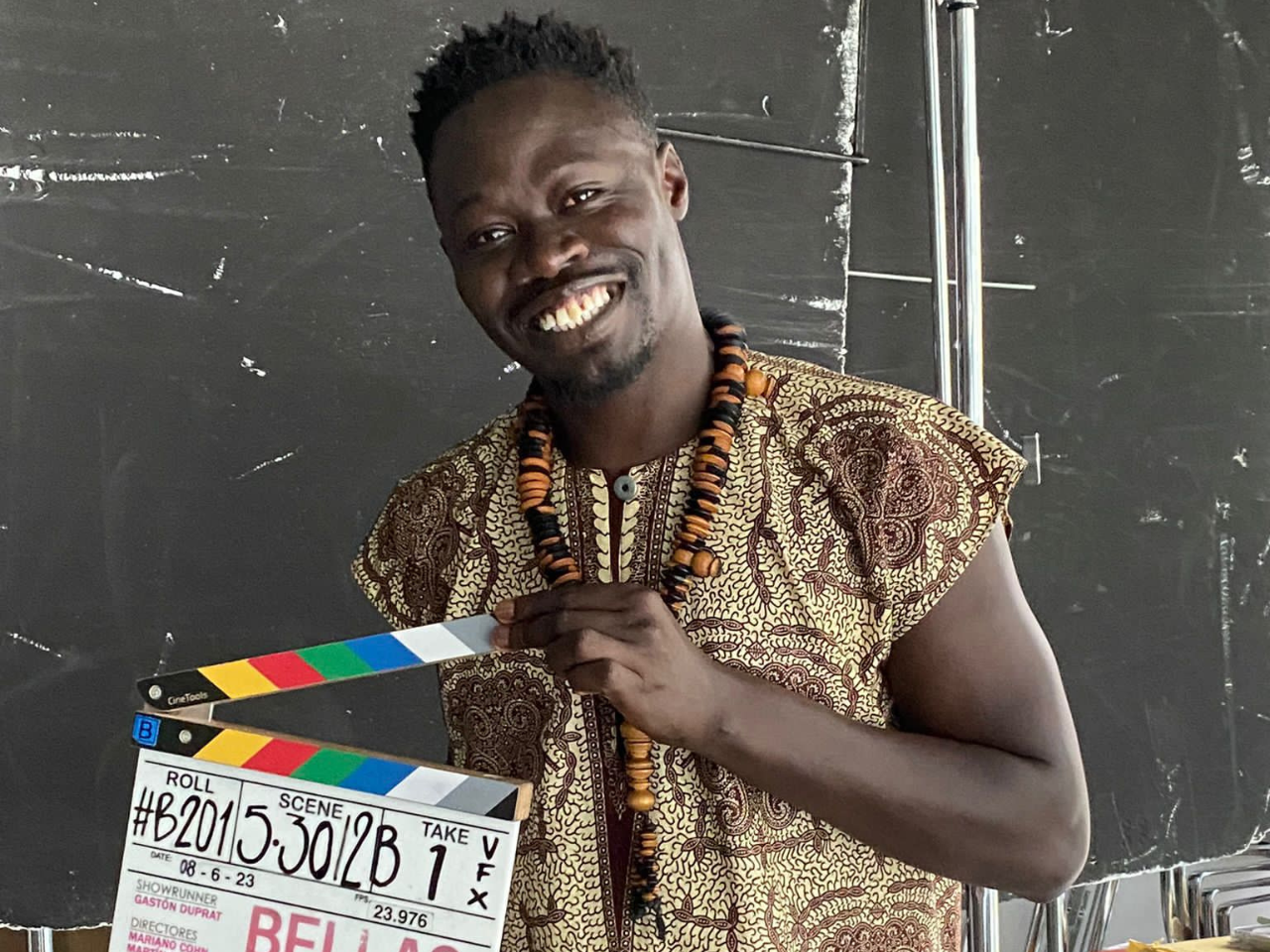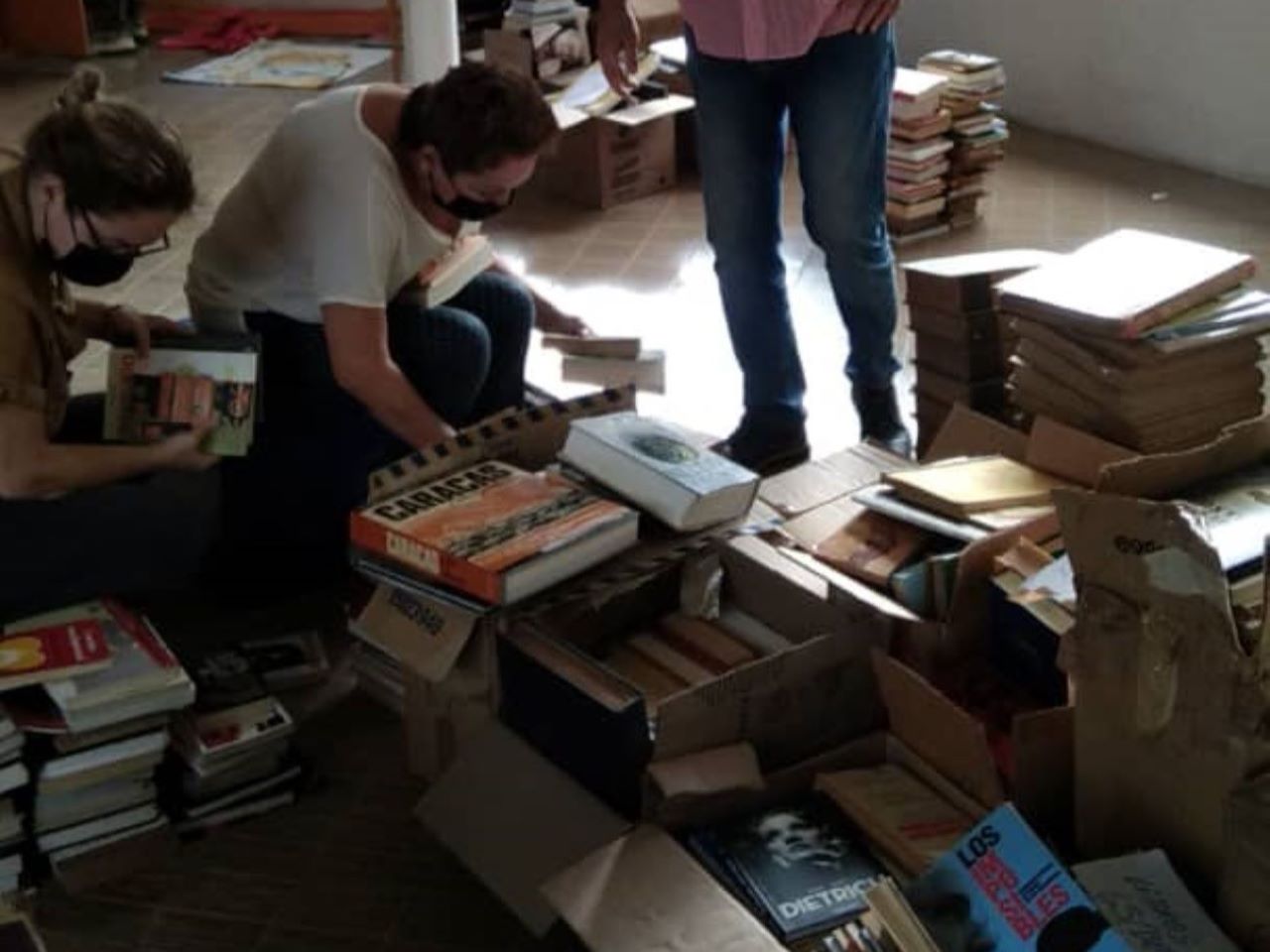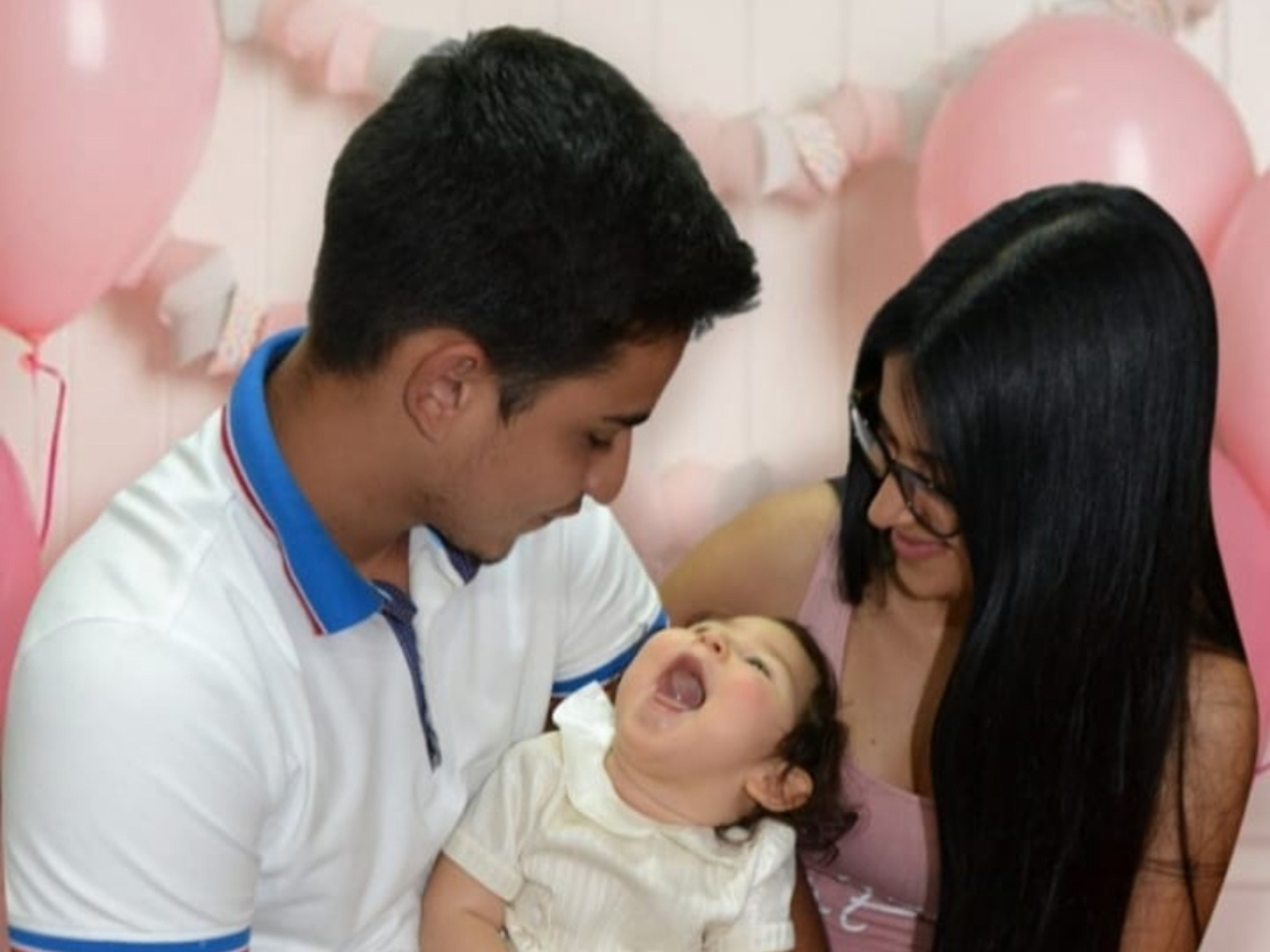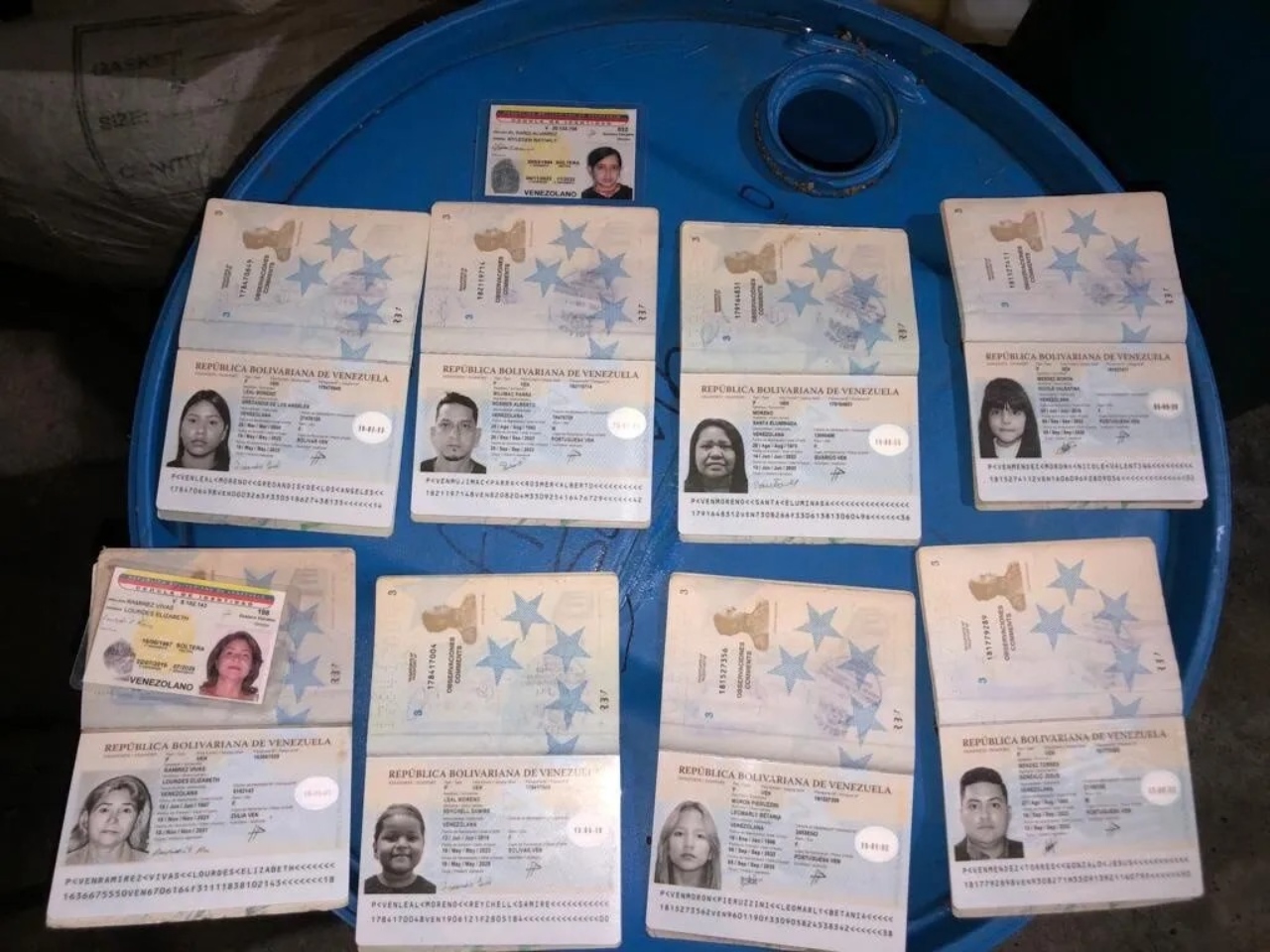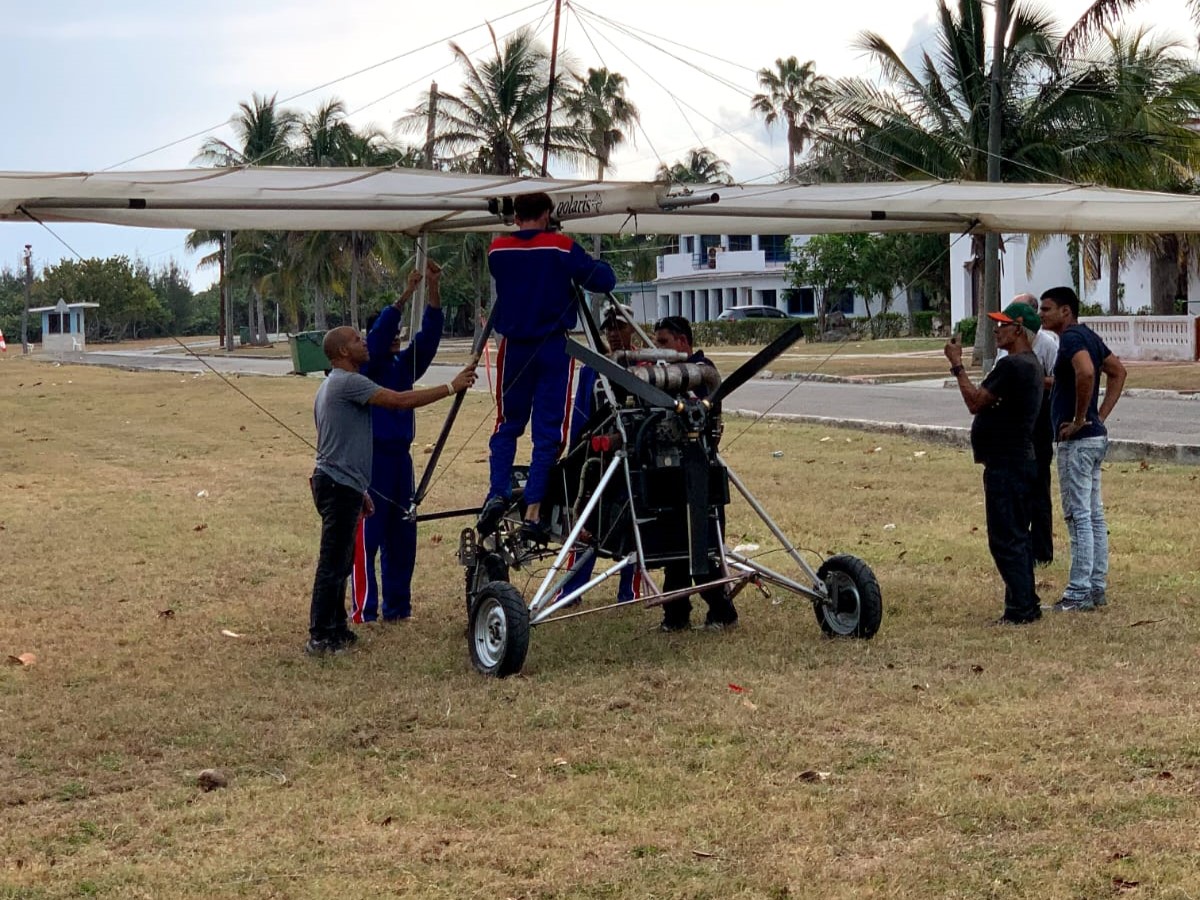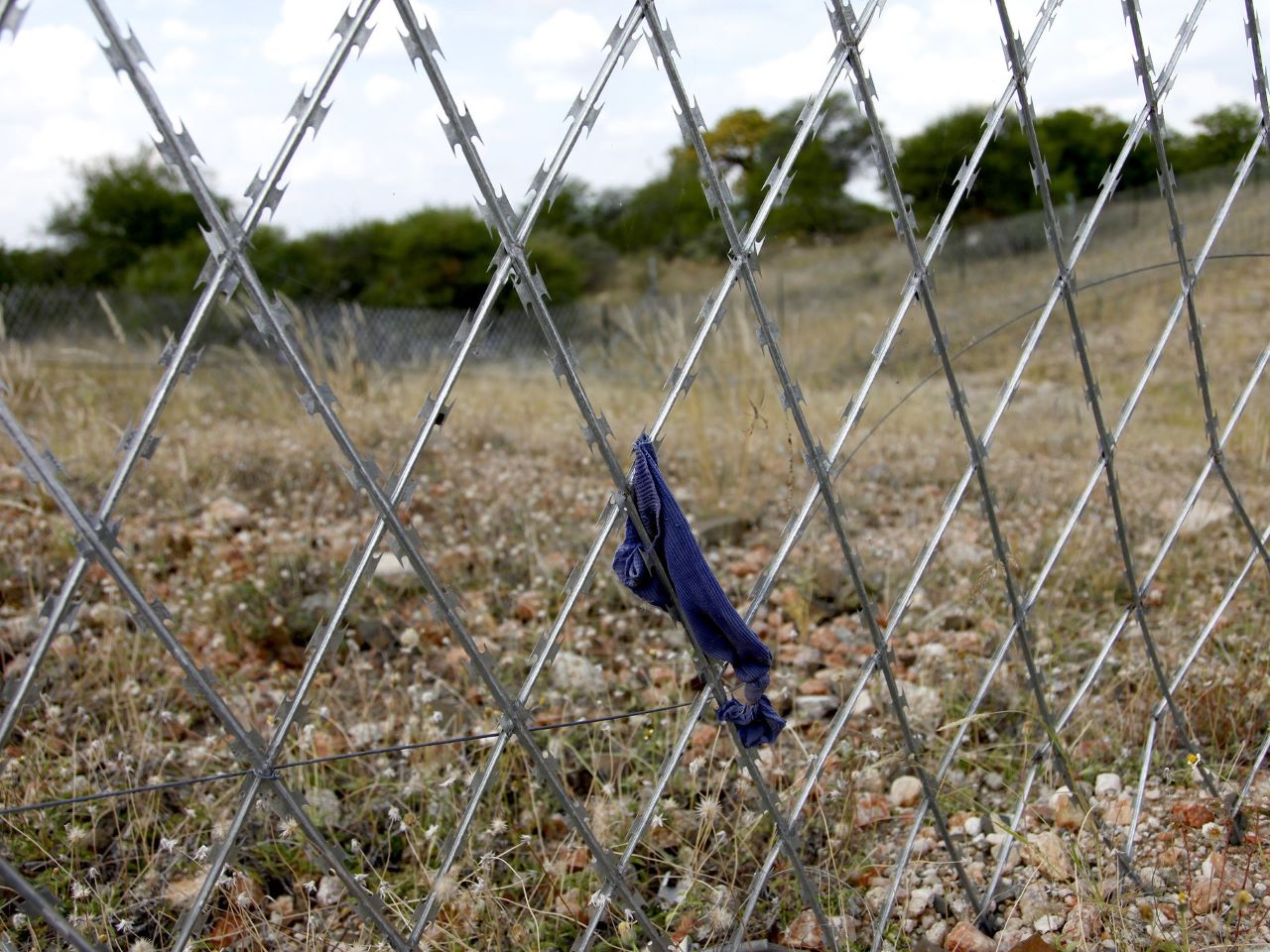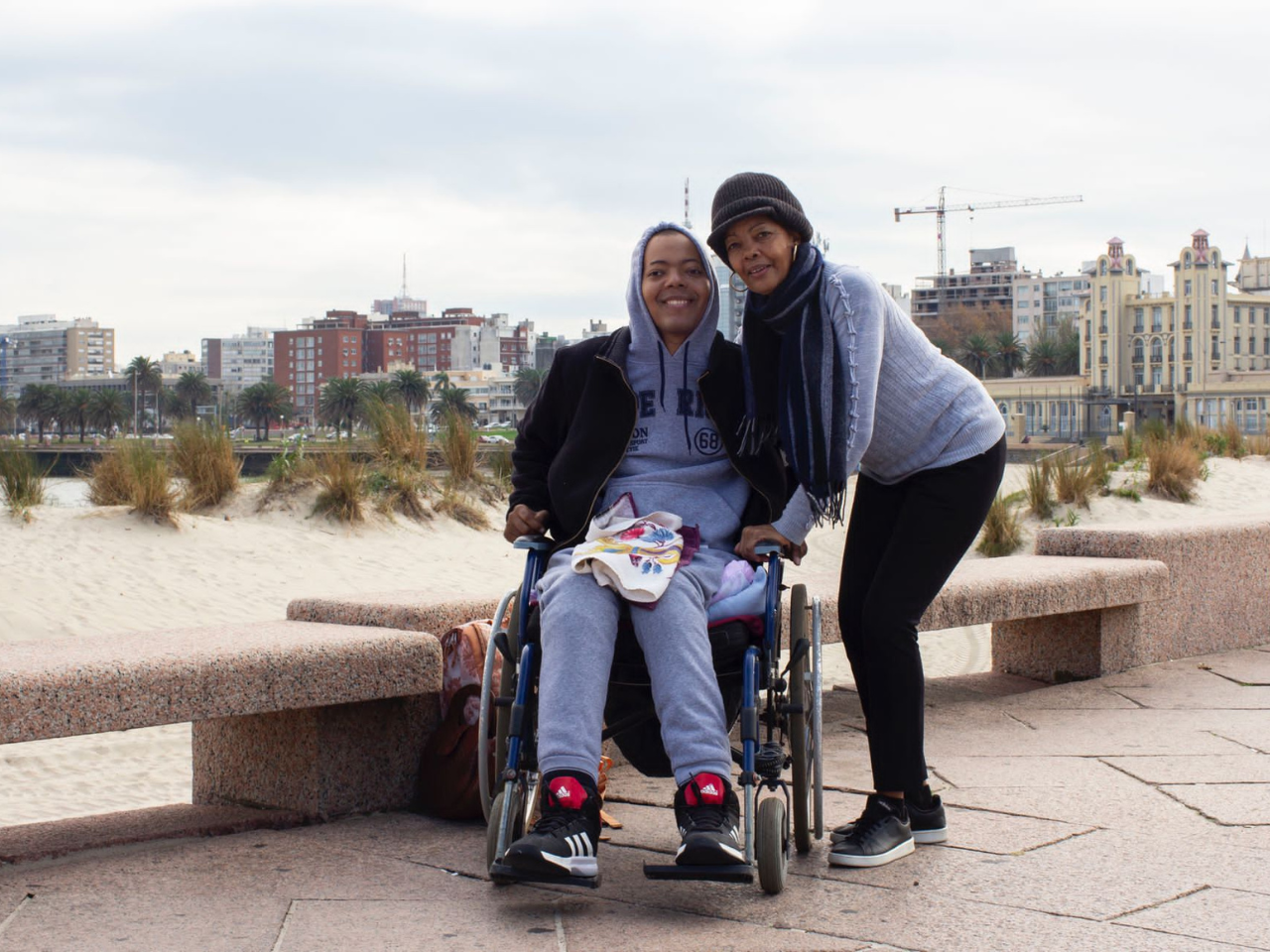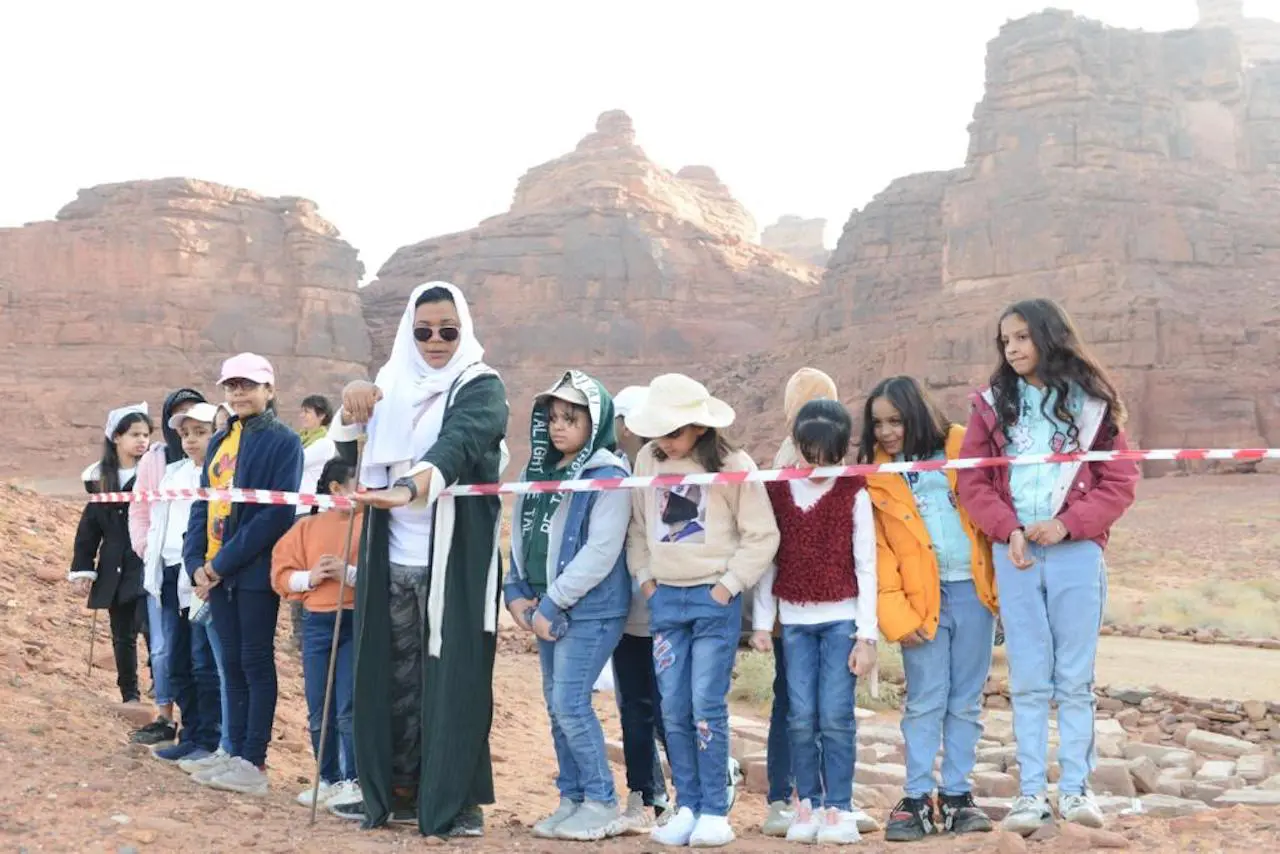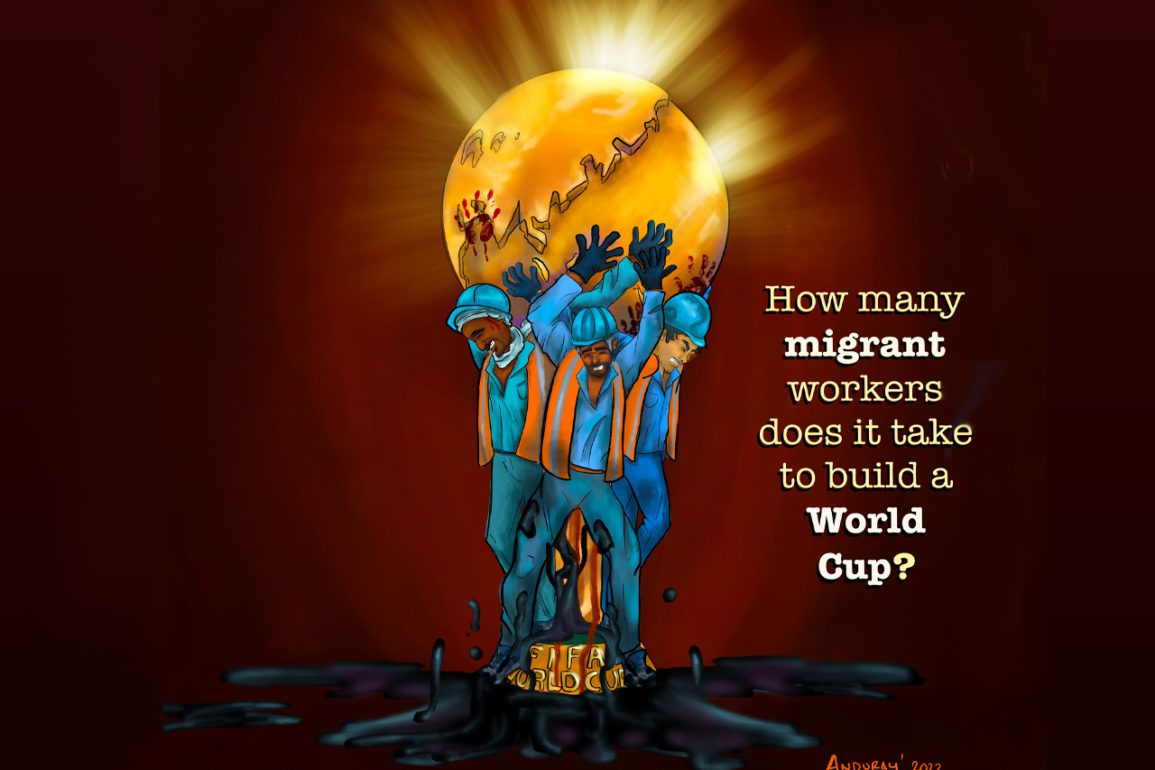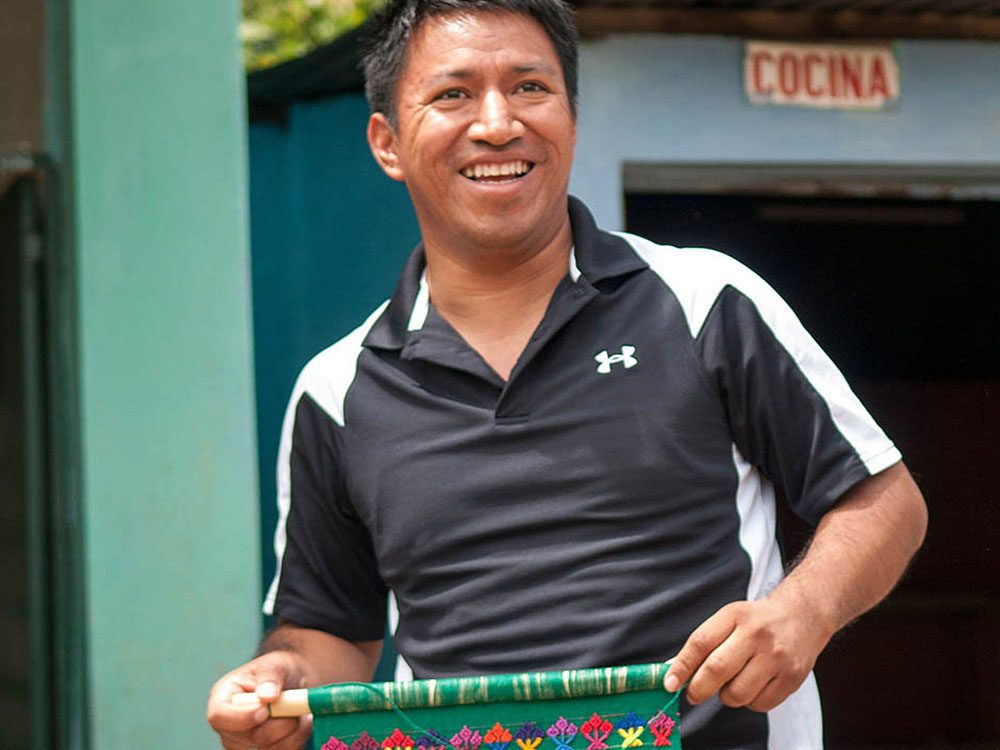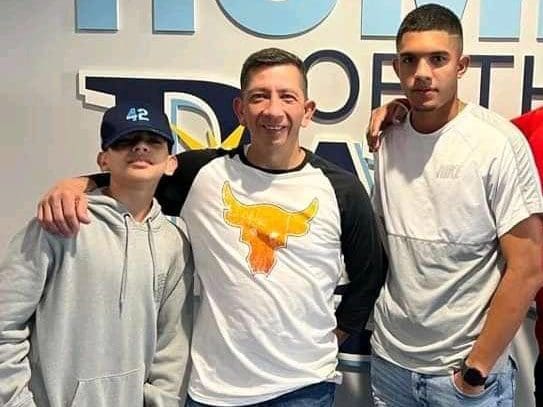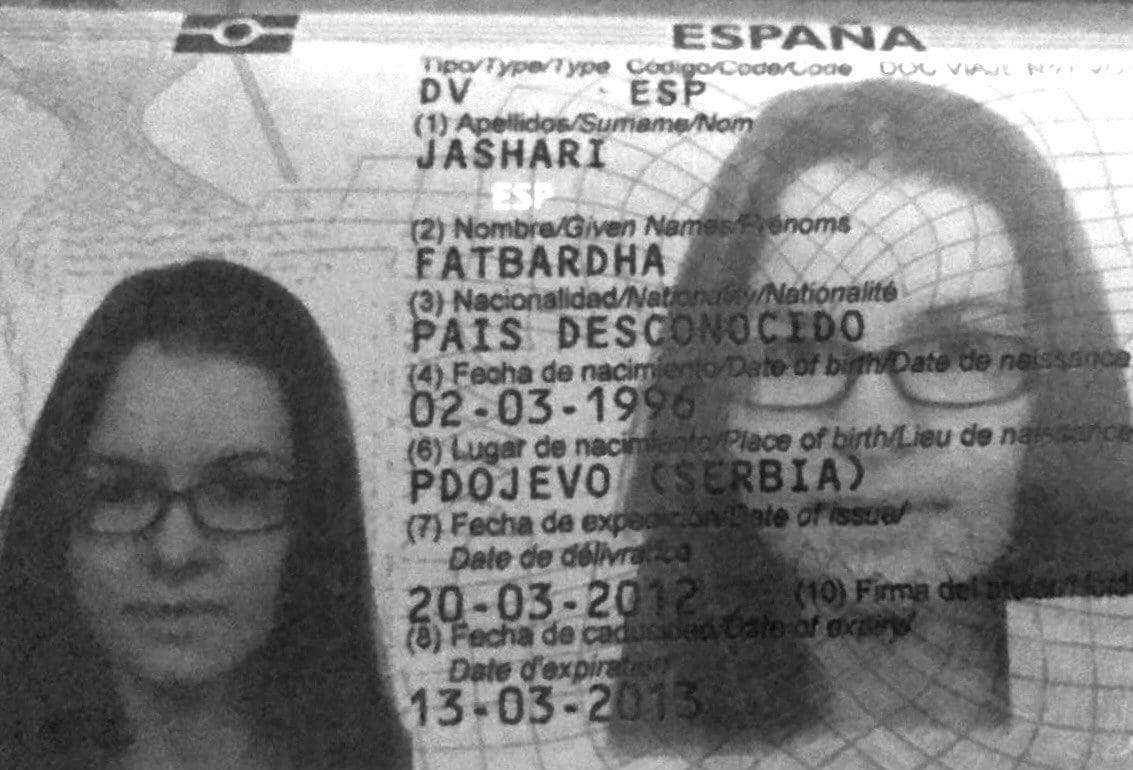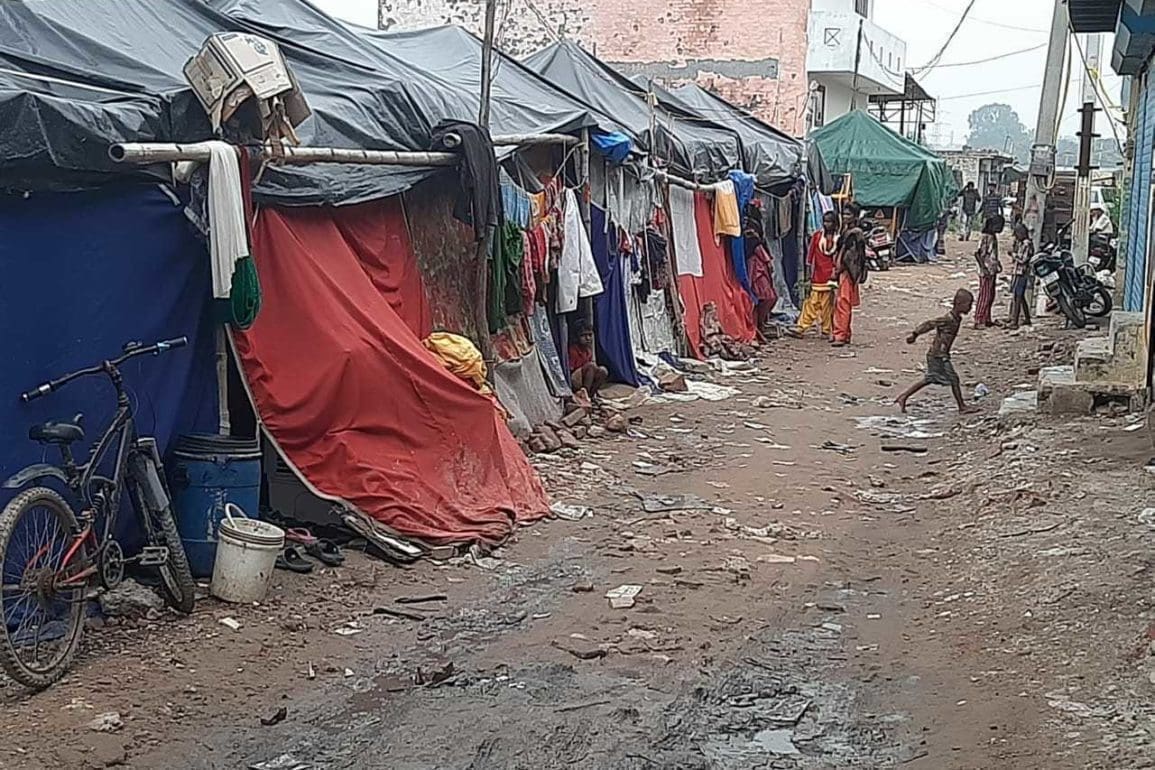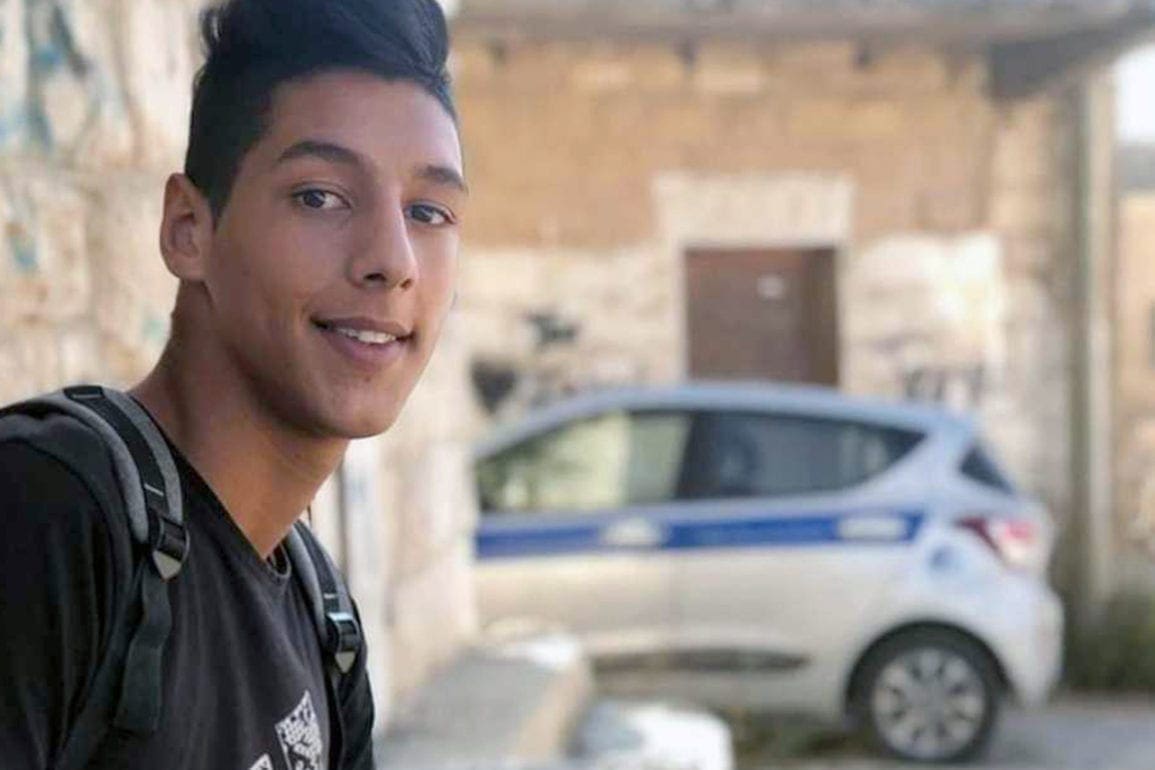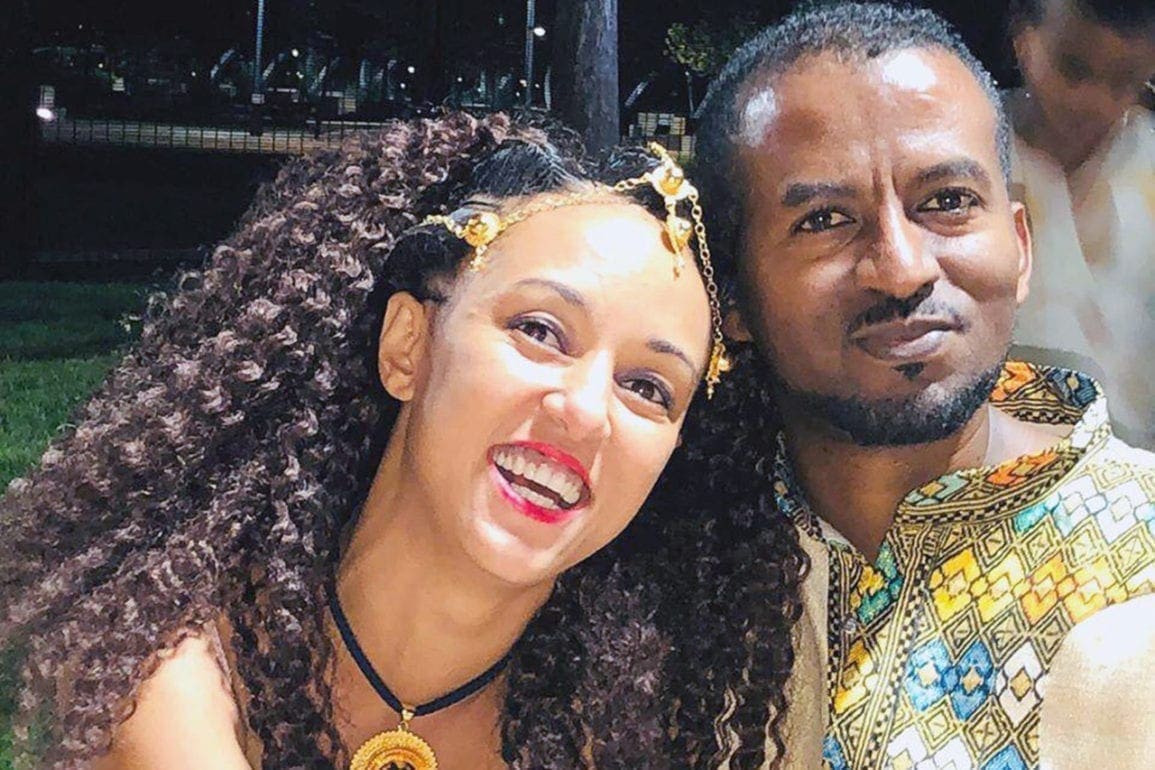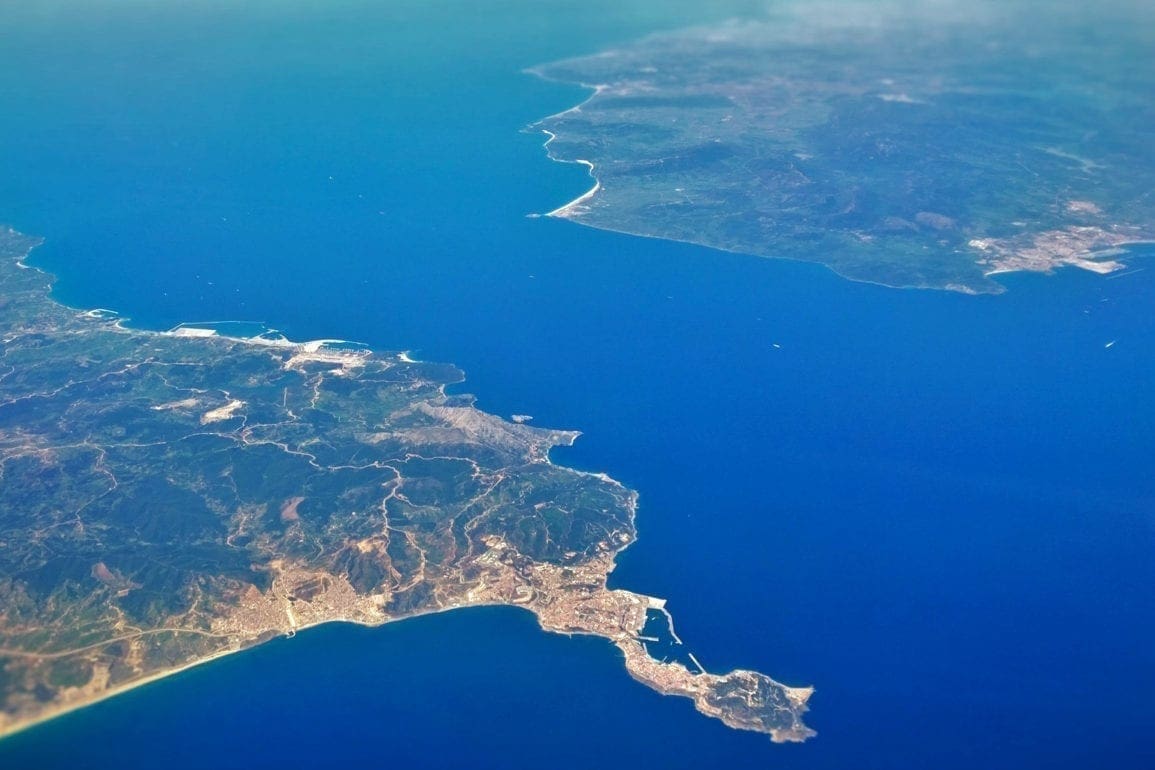Midwife cares for pregnant migrants on border of Tijuana, Mexico and United States
After my traumatic pregnancy experience, I decided that I wanted to be a gynecologist to prevent any woman from going through what I did. Two years after my baby was born, I moved to the state of Michoacán, where there was a professional midwifery school.
- 2 years ago
October 2, 2022
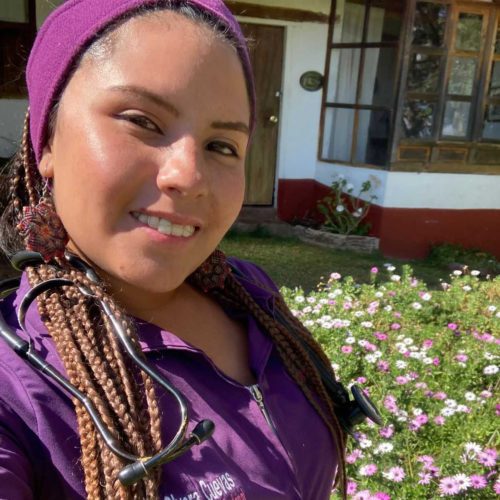
TIJUANA, Mexico — In my life, I most enjoy supporting and caring for women during pregnancy. The incredible experience of being by their side during childbirth, gives witness to the power mothers have. It helps me measure the true value of life.
My interest in midwifery stemmed from something I call the “blessed wound,” caused by the obstetric violence I suffered when I had my son. At 17 years old, I gave birth. The obstetrician who treated me performed a cesarean section, practically against my will.
During my pregnancy, I researched physiological childbirth and decided I did not want oxytocin induction, anesthesia, or an epidural. I wanted to experience as natural a process as possible.
Experiencing trauma on the day of the birth
I saw documentaries of home births with midwives and the idea excited me. However, in Mexico City, this option proved too costly and out of my budget. Adding to this, I did not know anyone from the midwifery circle.
Finally, the day of birth arrived. I had no choice but to go to a hospital. Three doctors saw me. They all agreed, since the baby weighed on the bigger side, with my narrow hips, they wanted to perform surgery.
I felt completely broken by the terrible news. I remember those moments as if someone told me a horror story. A nurse pushed me in a wheelchair, through the halls of the old hospital, cruising dark corridors that felt baleful.
Finally, I had the c-section, and they took the baby right away. I had no contact with him until the next day. It became one of the worst nights of my life. The most painful thing I experienced was hearing my baby cry and not being able to hold him. It hurt me much more than the physical sensations.
Pursuing my destiny as a midwife
After my traumatic experience, I decided I wanted to be a gynecologist to prevent women from going through what I did. Two years after I gave birth to my baby, I moved to the state of Michoacán, and there attended a professional midwifery school.
I did not think about it; I went to study and loved it. I felt destined for this work. My first experience with childbirth proved beautiful, though I only observed. My role included providing emotional support for the woman giving birth.
I remember telling her, “You are doing great,” and encouraging her to continue. She turned her face towards me, and I saw in her eyes that my words helped her. I felt a unique sense of satisfaction.

Before I started midwifery, I worked different jobs, trying to make money to support my son. I cleaned houses, sold pulque (a pre-Hispanic alcoholic beverage produced from maguey), and babysat. Nothing went well for me.
In 2021, although still a student, I received an invitation to be an assistant and volunteer at the Ancestral Midwifery and Medicine Association in Tijuana. I did not hesitate. I traveled with my son to begin the adventure, far from my family, in a completely unknown place.
My life changed in every way.
Working with migrant women during their pregnancy
Every time I support someone during birth, I remember the many things to be thankful for. I cannot describe what it feels like to do this work, but I know there is no other place on earth I would rather be.
One of my best experiences occured while welcoming the baby of a migrant woman from Guatemala. She fled her partner after suffering domestic violence. He threatened her life. She left her family and her country to get to Tijuana.
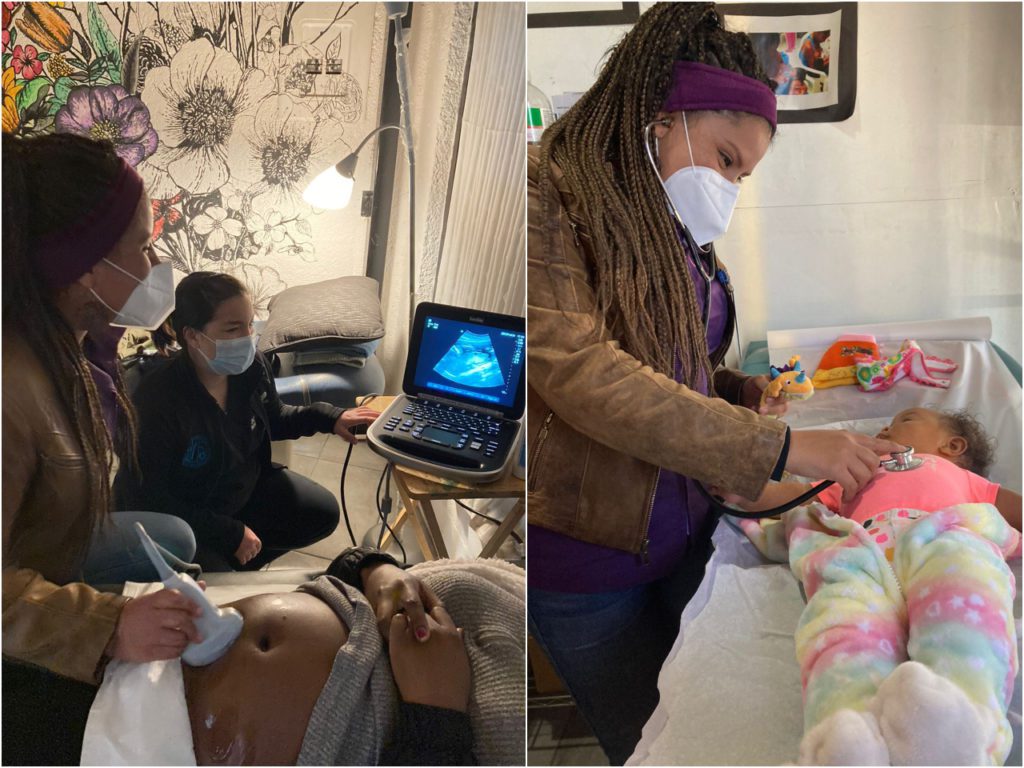
She arrived in Mexico alone, at eight months of pregnancy, and tried to cross the border to reach the United States. However, the Mexican immigration agents detained her. They took her to a church that served as a shelter for migrants and lived there for a few months.
One night before she gave birth, we had dinner together. She told me about her town in Guatemala, explaining how her mother served as a midwife for 40 years.
The next morning, in the moments before giving birth, she cried and called her mother. She asked her forgiveness for having left and abandoned her land. She also prayed in Maya Quiché (K’iche’), her mother tongue. Those became bitter moments, but finally, her baby came. What a beautiful birth! I saw the strength these warrior women bare, leaving their homes despite dangerous situations, all to save their lives.
I remember another special case – a pregnant woman from Honduras who arrived with her husband and two daughters. They left their country because organized crime groups threatened them. One day, they decided to leave their house without any luggage and walk to safety.
They arrived in Tijuana by foot and lived in the El Chaparral shelter – an improvised camp on a vacant lot where migrants put up tents or cardboard houses. No hospital wanted to assist her, then she came to us. That beautiful birth became an extremely special moment. The only thing these people have is the love of their family.
The discrimination we face as midwives
We do this work with migrant women and those in vulnerable situations for free. We also give them food and clothing and assist them professionally.
In reality, most people do not know what we do. They do not understand our profession remains rooted entirely on scientific evidence and that we abide by clinical standards imposed by the health authorities in Mexico.

However, in traditional hospitals, they scold mothers for coming to us and threaten them, saying their baby may die if attended to by a midwife. No foundation for this assertion exists. The obstetric and gynecological violence suffered by migrant women precisely leads them to have their children with us. The discrimination of clinical medicine towards other ways of healthcare adds to this misconception.
Even though society rejects us to a certain extent, I feel very proud of what I do. I have attended 18 births. Now, I can say that births are the most energetic and strong moments I ever experienced. Helping give birth to a human being remains an intense and fulfilling experience.

